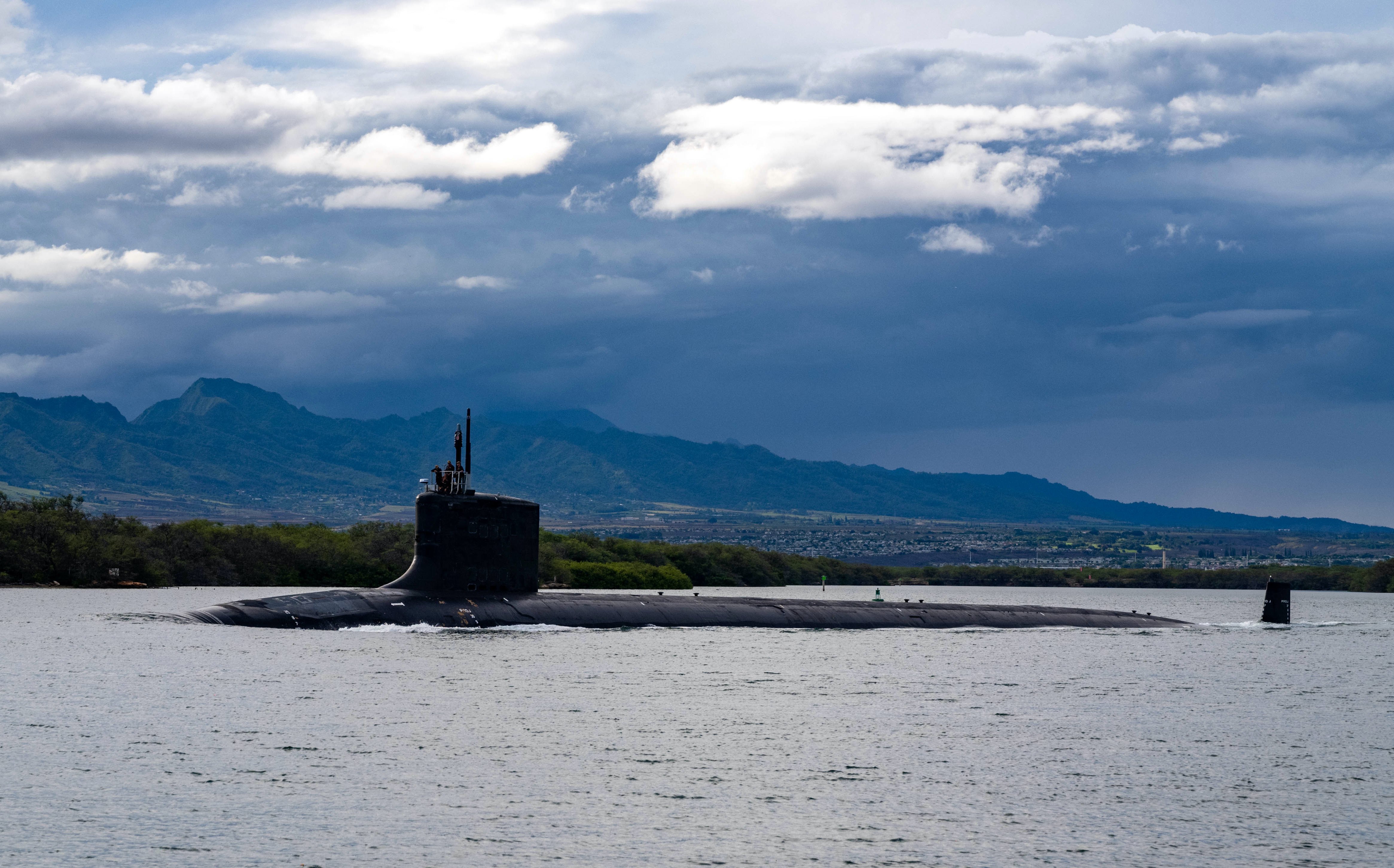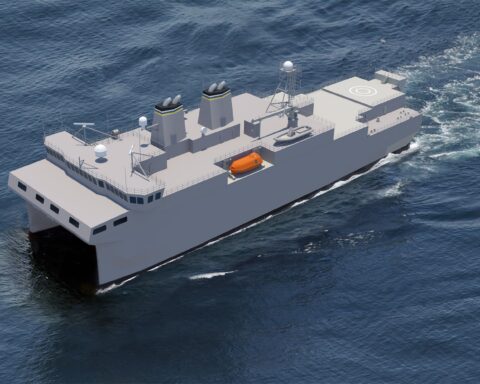The following is the April 25, 2018 Government Accountability Office report, Warfighter Support: DOD Needs to Share F-35 Operational Lessons Across the Military Services
From the Report:
What GAO Found
The Marine Corps records F-35 aircraft operational lessons learned on its own service-specific website, but the Department of Defense (DOD) does not formally share these lessons across the military services. Instead, Marine Corps officials stated that they currently rely on personal relationships to share lessons learned with other services, through methods such as phone calls to colleagues in the Air Force or the Navy.
DOD has emphasized the need for the services to collect and share lessons learned not only at a service-specific level, but across all services, and it established the Joint Lessons Learned Program in 2000 to enhance joint capabilities through knowledge management in peacetime and wartime. Joint Lessons Learned Program guidance discusses the importance of not only capturing lessons learned, but communicating lessons learned through a range of mechanisms to properly institutionalize those lessons, effectively enable joint force capabilities, and enhance interagency and multinational coordination. The goal is to prevent lessons learned from being captured in a vacuum within each military service, but rather to have them captured and shared among the joint force to create, among other things, better doctrine, policy, training, and education. Air Force and Navy officials told GAO that they document lessons learned from F-35 deployments in the form of after action reports or observational briefings. However, the F-35 program does not currently disseminate or make available lessons learned across all services, although program officials agreed that doing so would be beneficial.
The F-35 program plans to rapidly increase over the next few years and expand operations and deployments to the Pacific for the three services. Without the F-35 program office’s sharing or making available operational lessons learned through a new or existing communications mechanism, the services are at risk of not having access to key information that could affect their movements, exercises, operations, and sustainment of the aircraft in the Pacific and other areas where they operate.
Why GAO Did This Study
In January 2017, the Marine Corps began transferring F-35 aircraft to Iwakuni, Japan–representing the first overseas stationing of the F-35 since its development. Reports accompanying the 2017 National Defense Authorization bills included provisions for GAO to review DOD’s initial stationing of the F-35 in Japan. In March 2018, GAO issued a classified report (GAO-18-79C) that addressed these provisions. That report (1) described the warfighting capabilities the F-35 brings to the Pacific and assessed any operational challenges the Marine Corps faces; (2) assessed the extent to which the Marine Corps is prepared to support distributed operations with the F-35 in the Pacific; and (3) determined the extent to which the Marine Corps records and DOD shares F-35 operational lessons learned across the Marine Corps, the Air Force, and the Navy. DOD deemed some of the information related to the first two objectives to be classified, which must be protected from loss, compromise, or inadvertent disclosure. DOD deemed the recommendations we made in the report to be unclassified.
This report is a public version of the March 2018 classified report and focuses exclusively on the third objective, which DOD deemed unclassified: the extent to which the Marine Corps records and DOD shares F-35 operational lessons learned across the three services. To determine the extent to which the Marine Corps records and DOD shares F-35 operational lessons learned across the Marine Corps, the Air Force, and the Navy, GAO reviewed available Marine Corps after action reports on F-35-related exercises and compared the intraservice distribution of these after action reports with the guidelines in DOD’s Joint Lessons Learned Program. GAO also interviewed officials from the F-35 Joint Program Office, as well as officials from the Marine Corps Forces Pacific; the Marine Corps Air Station Iwakuni, Japan; the Air Force Integration Office; and the Navy F-35 Fleet Integration Office.
What GAO Recommends
GAO is making one recommendation to DOD.
The F-35 Program Executive Officer should formally share or make available, through a new or existing communications mechanism, F-35 operational lessons learned across the services. DOD concurred with this recommendation.





